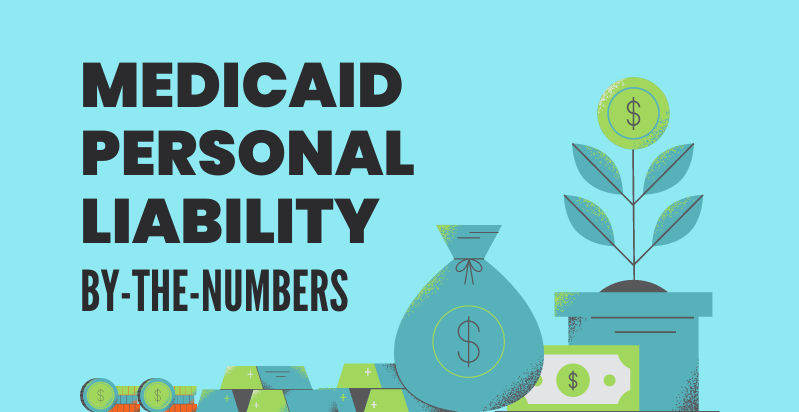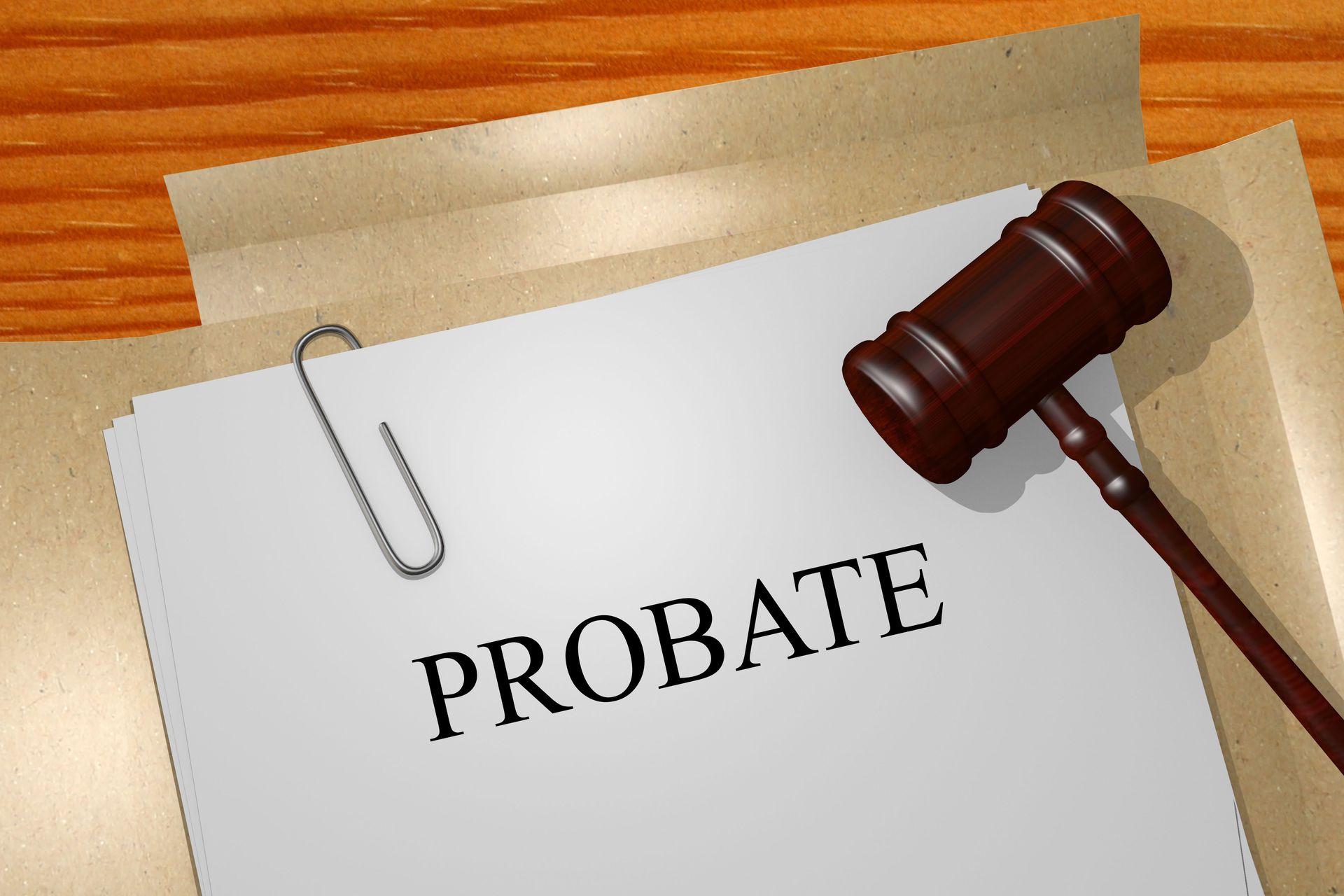Why You Should Have an Advance Directive
Advance directives come up frequently in conversations about health care decision-making, as people age. Their purpose is to provide written instructions for medical care, in instances where a patient is unable to communicate them herself.
An advance directive is a legal document that states a person’s preferences for medical treatment and medical decision-making, reports Valley News in an informative article titled “Advance Directives Provide Clear Guidance for Care.”
There are two components that make up an advance directive: a durable power of attorney and a treatment preferences section.
The durable power of attorney for health care allows you to appoint someone to make medical decisions, if you lack the capacity to make those decisions for yourself.
The treatment preference, which is sometimes referred to as a living will, lets you specify what kind of treatment you would want in a difficult circumstance. Treatment and care preferences usually focus on what you would want at the end of life or if you were in a permanently unconscious state. There are other preferences that can be expressed, including pain control, blood transfusions, mental health care and spiritual care. Another preference: who should—and should not—be involved in discussions about treatment.
Most people want to express their wishes to avoid aggressive measures being taken to extend their lives, when the end result will be suffering and a delay of their passing. Others chose to avoid the financial burdens that may or may not result in any kind of change in their health or the quality of their life.
Some have these documents prepared to make it clear that they want to spend their final months, weeks or days at home with loved ones with care only to relieve pain or care, so they can be conscious and able to speak with those around them.
Advance directives are a blessing to loved ones since they do not have to make hard choices in a crisis situation. They know what their aging parent or spouses wishes.
It’s important to choose the person you want to be responsible for your care well in advance. Make sure it’s someone you trust, who knows you well and will be able to make hard decisions in a highly emotional time. They’ll also have to be able to communicate with your doctors and family members.
These documents are bound by the laws of your state, so speak with an elder law attorney who practices law in your state of residence. They’ll be able to prepare these documents on your behalf, along with a will and other estate planning documents.
Reference: Valley News (Sep. 1, 2018) “Advance Directives Provide Clear Guidance for Care”


Marietta, GA
Woodstock, GA
2230 Towne Lake Pkwy
Building 1200, Suite 120
Woodstock, GA 30189
BUSINESS HOURS
Monday to Friday
8:30am - 12:00pm
Closed for lunch
1:00pm - 4:30pm
Closed Saturday, Sunday
GET OUR NEWSLETTER
We believe that smart decisions begin with accurate information. Sign up for our monthly newsletter and get advice on how to secure your financial legacy.
Elder Care and Estate Planning Tips, Advice & Resources. Sign up now.
Get Our Newsletter Form
We will get back to you as soon as possible.
Please try again later.













